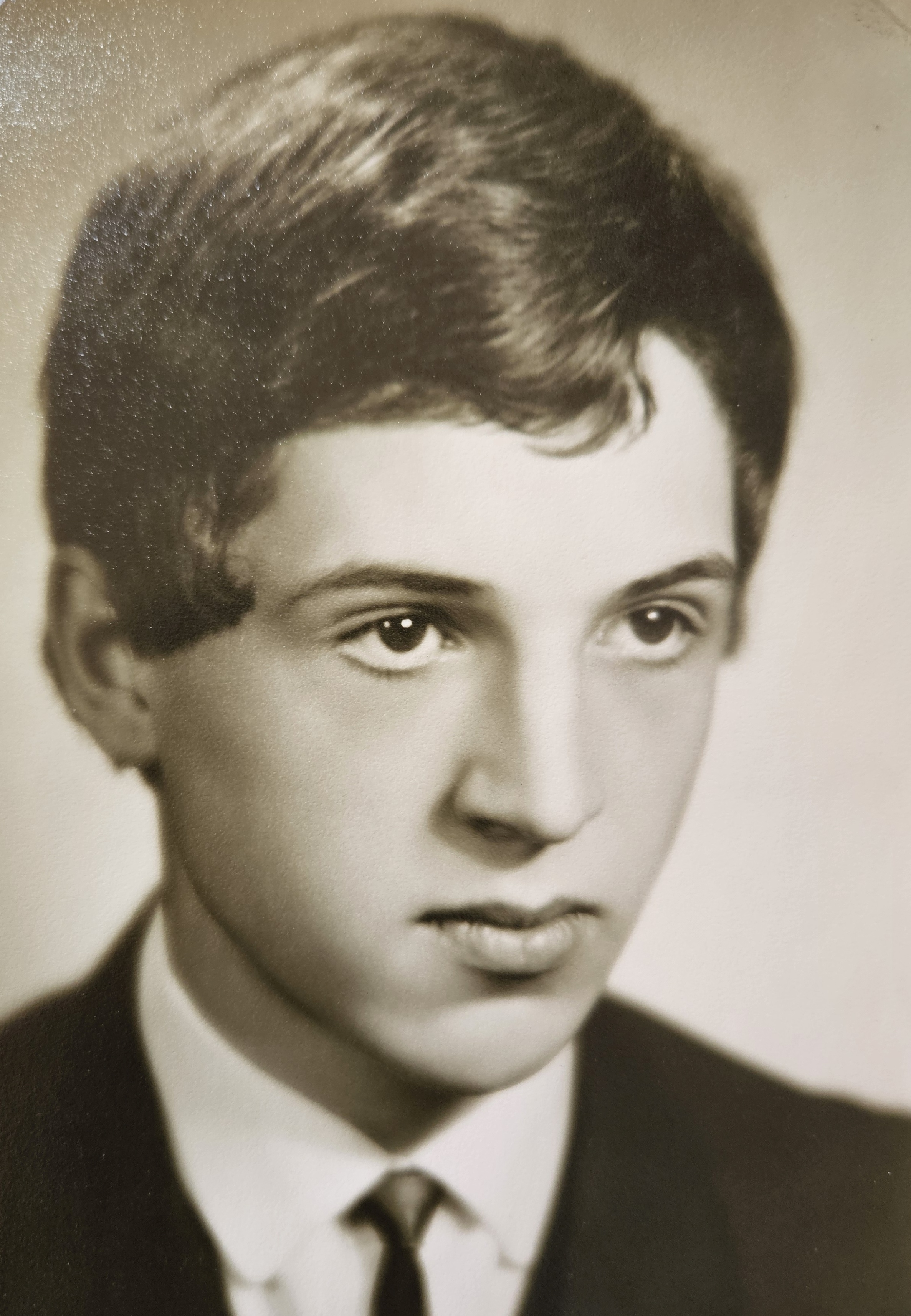The only thing I envied people in the West was the freedom

Download image
Jiří Trmač was born on August 18, 1949 in Brno. His father, Ervín Trmač, a Catholic believer and doctor of philosophy, was unable to work in his field for political reasons and was employed almost all his life in the financial department of Pozemní stavby. His mother Jarmila, née Chobotová, was a teacher. Jiří Trmač graduated in 1972 from the Faculty of Electrical Engineering at Brno University of Technology, where he worked as a scientific and technical worker for the next twelve years. He then joined the Research Institute of Measuring Technology. In the 1980s, he became a member of the Czechoslovak People’s Party, in which he rose through the party hierarchy to become a member of the town’s National Committee within a few years. In the first half of the 1980s he secretly distributed exile literature, which did not escape the attention of the State Security. In 1988, under pressure and threat of imprisonment, he signed a cooperation agreement with State Security. In 1990 he was elected mayor of Brno, but resigned shortly afterwards because of his controversial past. For the next twenty years or so he was in the electrical engineering business. In 2025 he lived in Kunice u Brna, where he served as a local councillor.



